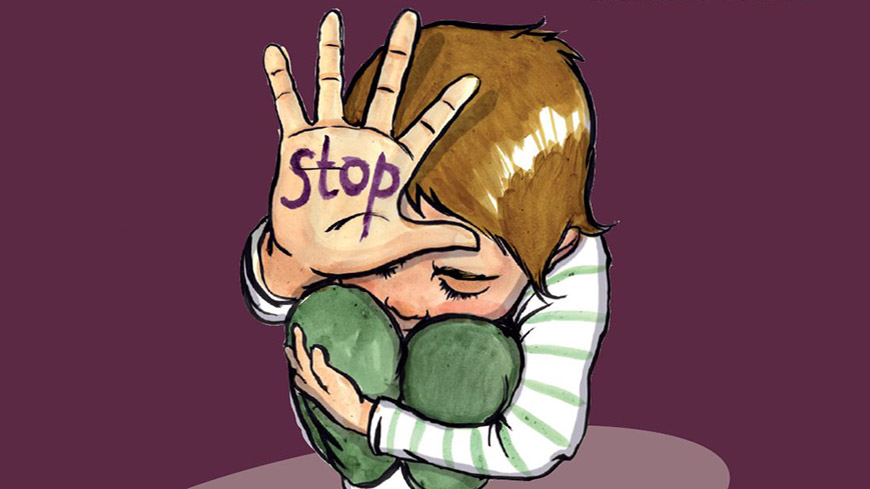European states have only partially implemented recommendations of 2017 to protect children affected by the refugee crisis from sexual exploitation and sexual abuse, concluded an evaluation report adopted by the Council of Europe’s Lanzarote Committee at its latest meeting and published today.
The report looks at the follow-up given by 41 European states[1] Parties to the Lanzarote Convention to the five key recommendations provided to them in March 2017, related to the areas where the largest deficiencies were found that required urgent action.
The Lanzarote Committee notably recommended effectively screening all persons who by their professions have regular contact with children affected by the refugee crisis for convictions of acts of sexual exploitation or sexual abuse of children. As of now, eight of the 41 states surveyed (Finland, Iceland, Liechtenstein, Republic of Moldova, North Macedonia, Slovenia, Sweden and Ukraine) have implemented this recommendation only partially. The screening procedures in these states either don’t exist or are applied only to a limited range of professions and often are not obligatory.
[1] The following 41 States were parties to the Lanzarote Convention at the time of the launching of the urgent monitoring round: Albania, Andorra, Austria, Belgium, Bosnia and Herzegovina, Bulgaria, Croatia, Cyprus, Czech Republic, Denmark, Finland, France, Georgia, Germany, Greece, Hungary, Iceland, Italy, Latvia, Liechtenstein, Lithuania, Luxembourg, Malta, Republic of Moldova, Monaco, Montenegro, The Netherlands, North Macedonia, Poland, Portugal, Romania, Russian Federation, San Marino, Serbia, Slovak Republic, Slovenia, Spain, Sweden, Switzerland, Turkey and Ukraine.


